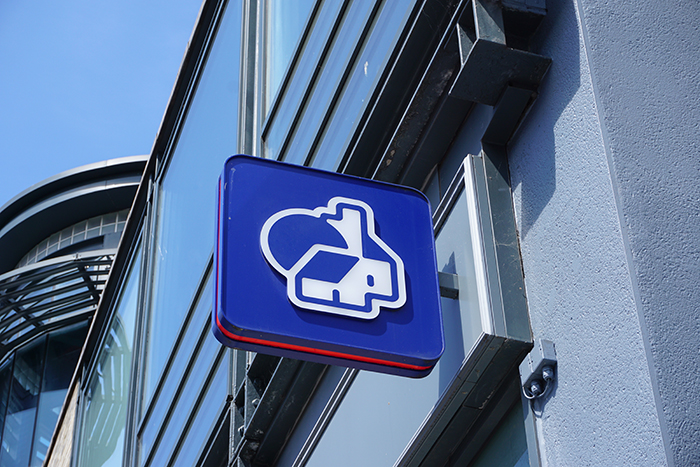
House price growth slowed in October on both an annual and monthly basis, according to the latest Nationwide index.
Prices rose by 2.4% compared to last October, to reach an average of £265,738, but this was slower than September’s annual growth rate of 3.2%.
Month-on-month, prices rose by 0.1% compared to 0.6% in September.
The lender calculates that the Budget hike to stamp duty for those buying second homes will add £4,000 to the purchase costs for the average buy-to-let property, which could “dampen” the sector.
And it expects the expiry of the current more-generous thresholds for buyers in England and Northern Ireland will lead to a rush of transactions before April, followed by a lull afterwards.
Yesterday, the Institute of Fiscal Studies called the stamp duty tax rise on additional homes “damaging” and warned that it would hurt renters as landlords would look to recoup extra costs from tenants in the long run.
Market shows resilience but uncertainty ahead
Nationwide chief economist Robert Gardner describes the underlying strength of the property market as resilient and improving, but highlights uncertainty ahead.
He says: “Housing market activity has remained relatively resilient in recent months, with the number of mortgage approvals approaching the levels seen pre-pandemic, despite the significantly higher interest rate environment.
“Solid labour market conditions, with low levels of unemployment and strong income gains, even after taking account of inflation, have helped underpin a steady rise in activity and house prices since the start of the year.
“Providing the economy continues to recover steadily, as we expect, housing market activity is likely to continue to strengthen gradually as affordability constraints ease through a combination of modestly lower interest rates and earnings outpacing house price growth.”
However, he caveats this in light of mortgage rate fluctuations warning that “determining the underlying strength of the market will become more challenging until this period of volatility passes”.
Stamp duty impact
North London estate agent and former Royal Institution of Chartered Surveyors residential chairman Jeremy Leaf says: “The number of sales agreed has increased steadily since base rate was reduced in the summer, as have mortgage approvals.
“However, the increase in stock, particularly from landlords who have had their fill of tax and regulatory issues, will worsen.
“We expect the Budget will increase demand for smaller properties as first-time buyers seek to profit from investors unwilling to pay higher taxes before stamp duty rates rise early next year.”
Budget woes for landlords
Hargreaves Lansdown head of personal finance Sarah Coles says: “The Budget is set to cause more property woe.
“It played a role in the slowing of house price growth – even before Rachel Reeves stood up.
“Now the speech has landed, it could mean more failed transactions, more buyers put off by higher stamp duty, and more being priced out of a purchase by rising mortgage rates.
“Landlords rushed to sell ahead of a speech they thought would contain a capital gains tax rise for investment property.
“It meant that extra buyer demand resulted in more sales rather than price rises.
“The speech did come with a blow for these landlords – but not the one they were expecting. “Residential property escaped the capital gains tax hike, while the stamp duty surcharge for second properties rose from 3% to 5%.
“It could mean landlords back out of sales that were yet to complete, on the grounds that tax on sales has remained the same, and if they wanted to buy back in later, tax on purchases has risen.”



